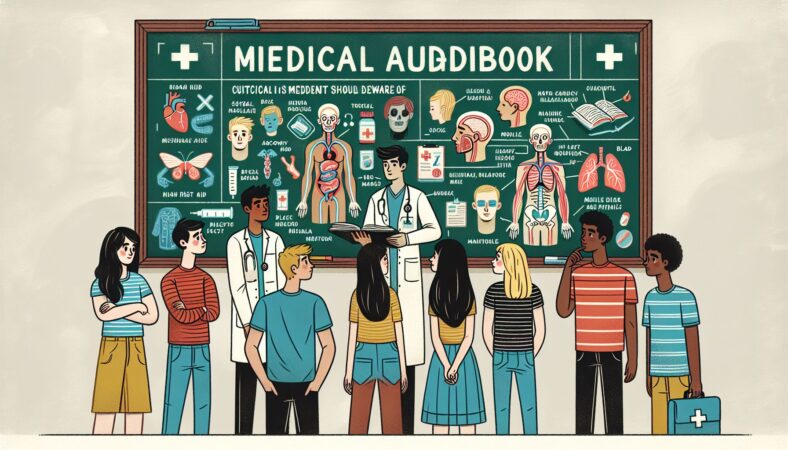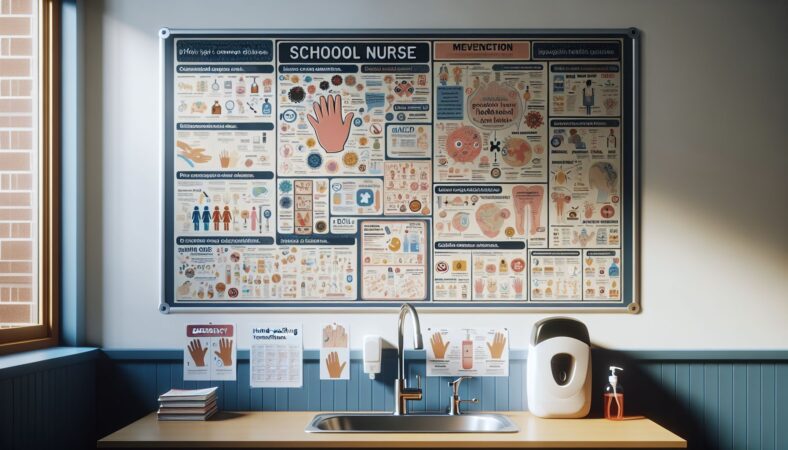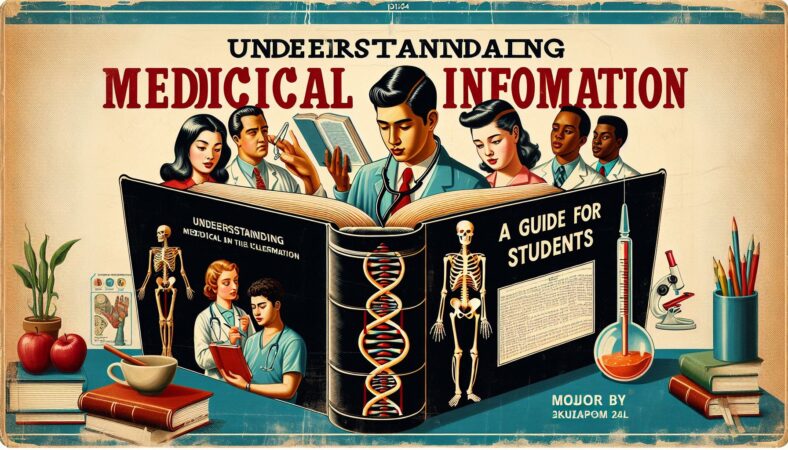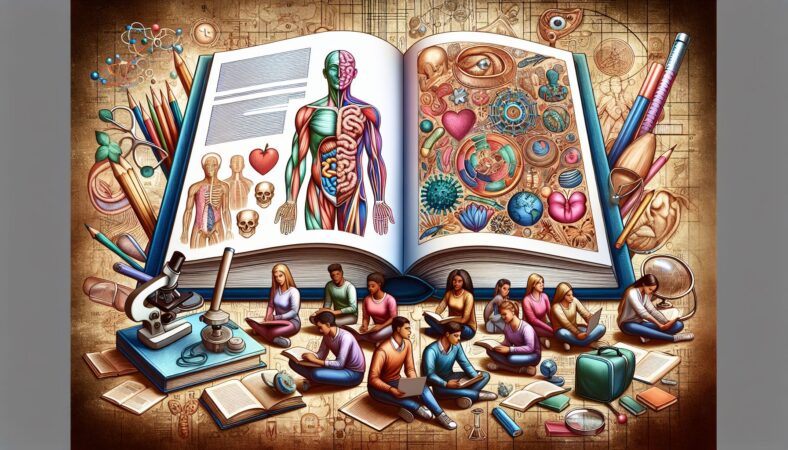As a student, it’s crucial to prioritize your health and well-being. This includes being informed about medical information that can impact your daily life, academic performance, and overall health. Whether you’re dealing with a common cold, stress-related symptoms, or a chronic condition, having access to accurate medical information can help you make informed decisions and take control of your health.
Why Medical Information Matters
First and foremost, having accurate medical information allows you to understand your symptoms and health conditions better. When you’re equipped with knowledge about your body and how it works, you can communicate effectively with healthcare providers, ask informed questions, and participate actively in your treatment plans.
For students managing chronic conditions such as asthma, diabetes, or mental health concerns, access to medical information is even more critical. Understanding how to manage your condition, recognize warning signs, and seek appropriate medical care can help you stay well and prevent health emergencies.
Sources of Medical Information
When seeking medical information as a student, it’s essential to rely on reputable sources. Your primary care provider, school health center, or university counseling services can provide accurate information tailored to your individual needs. Additionally, reputable websites such as the Centers for Disease Control and Prevention (CDC), National Institutes of Health (NIH), and Mayo Clinic offer reliable information on a wide range of health topics.
Remember to verify the credibility of the sources you’re consulting. Avoid relying on social media posts, blogs, or anecdotal stories for medical advice, as these sources may not be evidence-based or reliable.
Taking Control of Your Health
As a student, taking control of your health also involves practicing self-care and adopting healthy habits. Prioritize regular physical activity, nutritious eating, adequate sleep, stress management techniques, and seeking support from friends, family, or mental health professionals when needed.
Consider keeping a health journal to track your symptoms, appointments, medications, and wellness goals. This can help you stay organized, monitor your progress, and identify patterns or triggers that impact your health.
In Conclusion
In conclusion, staying informed about medical information is essential for students to take charge of their health and well-being. By seeking accurate and reliable sources of information, communicating effectively with healthcare providers, and practicing self-care, students can make educated decisions about their health and lead a balanced and fulfilling academic life.
Remember that your health is your most valuable asset, and prioritizing it should be a top priority as a student. Stay informed, stay proactive, and most importantly, take care of yourself.









